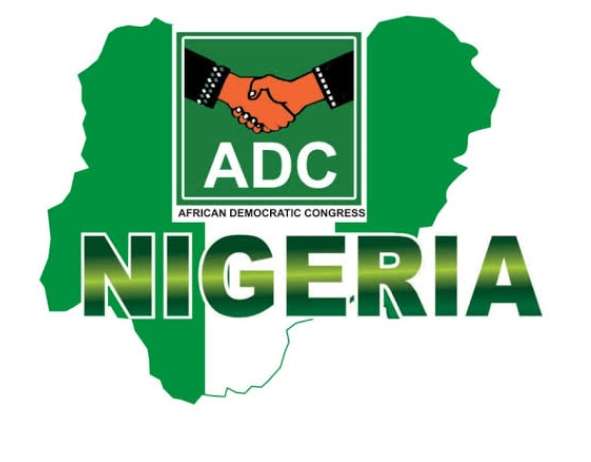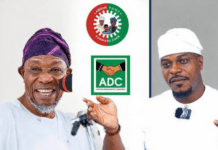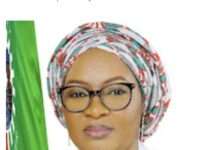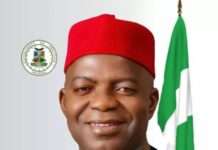Fed up with party crises and voter anger, Nigeria’s most influential political figures are quietly negotiating a groundbreaking coalition that could reshape 2027.
Nigeria’s political landscape is on the brink of transformation as a wave of powerful politicians and civic leaders explore the possibility of uniting under the African Democratic Congress (ADC). This ambitious realignment, widely described as a “mega coalition,” is driven by mounting frustration with the ruling All Progressives Congress (APC), the troubled Peoples Democratic Party (PDP), and a restless electorate demanding real change.
Although no formal defections have been declared, multiple credible sources confirm that negotiations are advancing behind closed doors. If successful, this coalition could radically alter the balance of power ahead of the 2027 general elections
Who Are the Big Names Involved?
Several high-profile figures are linked to these talks, including:
Atiku Abubakar – Former Vice President and PDP presidential candidate, seen as a driving force in opposition unity discussions.
Peter Obi – Labour Party’s 2023 flagbearer, reportedly in talks to build a broad coalition with other parties and civil society.
Nasir El-Rufai – Ex-APC Governor of Kaduna State, who has openly distanced himself from the ruling party.
Rotimi Amaechi – Former APC Minister of Transportation, whose associates are quietly exploring new political alignments.
John Odigie Oyegun – Ex-APC National Chairman, increasingly critical of the party’s direction.
Pat Utomi – Political economist and founder of the National Consultative Front, a key figure in the Third Force movement.
Senator Ahmed Makarfi – Former PDP Chairman, working to broker consensus.
Senator Dino Melaye – PDP stalwart, vocal about the need for a credible alternative.
Yusuf Datti Baba-Ahmed – Labour Party’s 2023 vice-presidential candidate.
Aisha Yesufu – Activist and civic mobilizer, engaged in discussions to galvanize public support.
While some of these leaders remain within their existing parties, insiders say they share a common interest: ending Nigeria’s decades-long two-party stranglehold.
Why Are They Considering the ADC?
Several factors are driving the talks:
Voter Anger: Many Nigerians are disillusioned by economic hardship, insecurity, and corruption scandals.
Leadership Battles: APC and PDP have both been crippled by factional crises.
Fresh Momentum: The success of the Labour Party in 2023 demonstrated Nigerians’ appetite for new platforms.
Strategic Timing: Early coalition-building allows time to create nationwide structures and grassroots networks.
What Could This Coalition Look Like?
Sources close to the negotiations say the emerging plan includes:
A Power-Sharing Formula: Balancing regional and ethnic representation to broaden appeal.
A Joint Presidential Ticket: Likely featuring a respected northern and southern candidate. The presidential ticket may tilt towards the south to complete their 8 years turn although that people fear that Atiku is still positioning himself to contest again
A Rebranded ADC: Positioned as a progressive, youth-focused movement.
Mass Mobilization: Using digital campaigns and civic influencers to engage millions.
Will It Succeed?
Analysts warn that despite the excitement, significant hurdles remain:
Egos and Ambition: Deciding who gets the presidential ticket could derail the project.
Funding: Building a credible nationwide structure will require enormous resources.
Public Trust: Many voters fear recycled politicians masquerading as reformers.
Still, the scale of the discussions signals something unprecedented. It looks like a serious attempt to end the two-party dominance that has shaped Nigeria since 1999.










